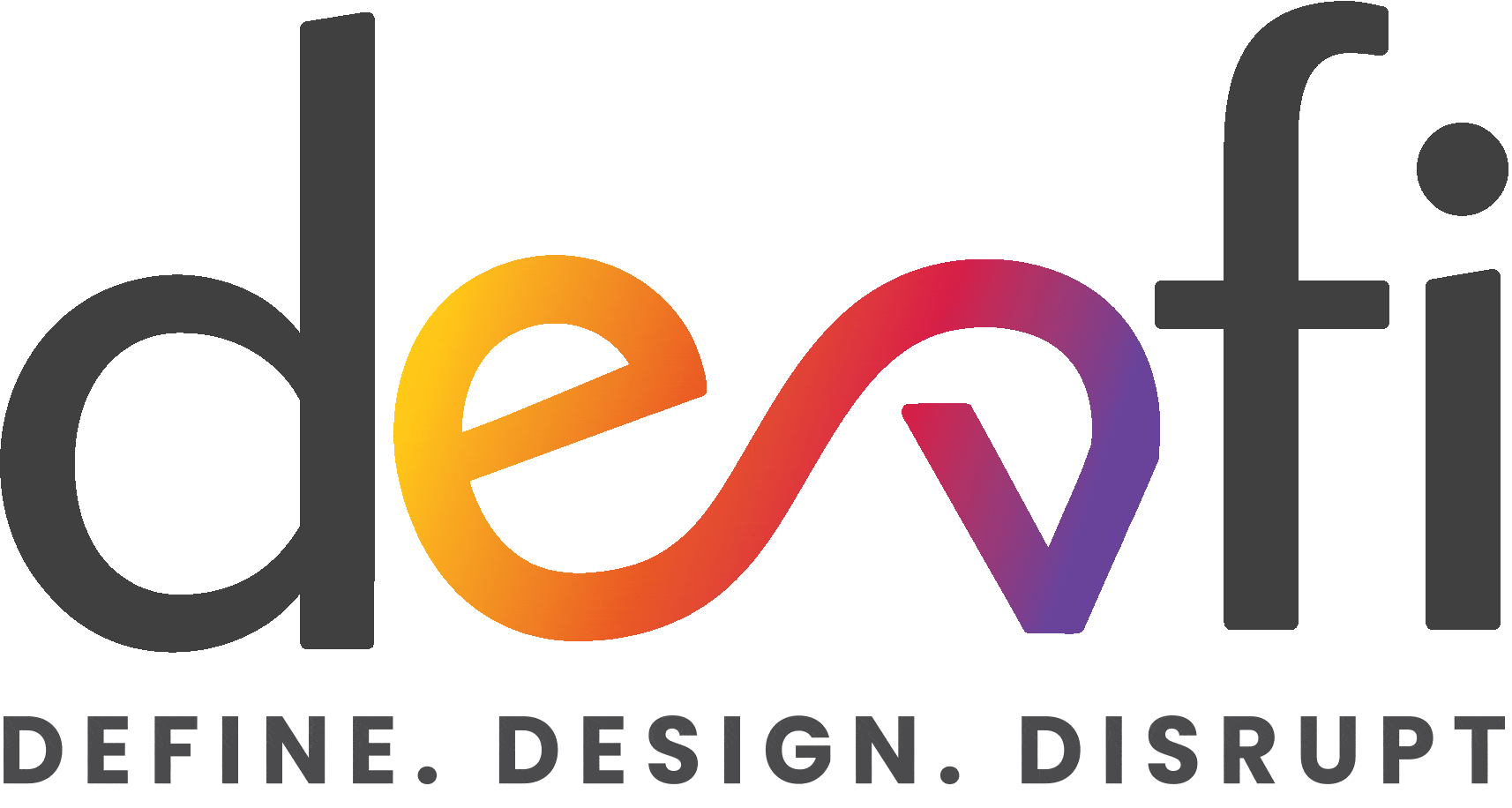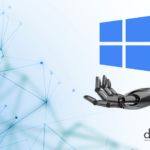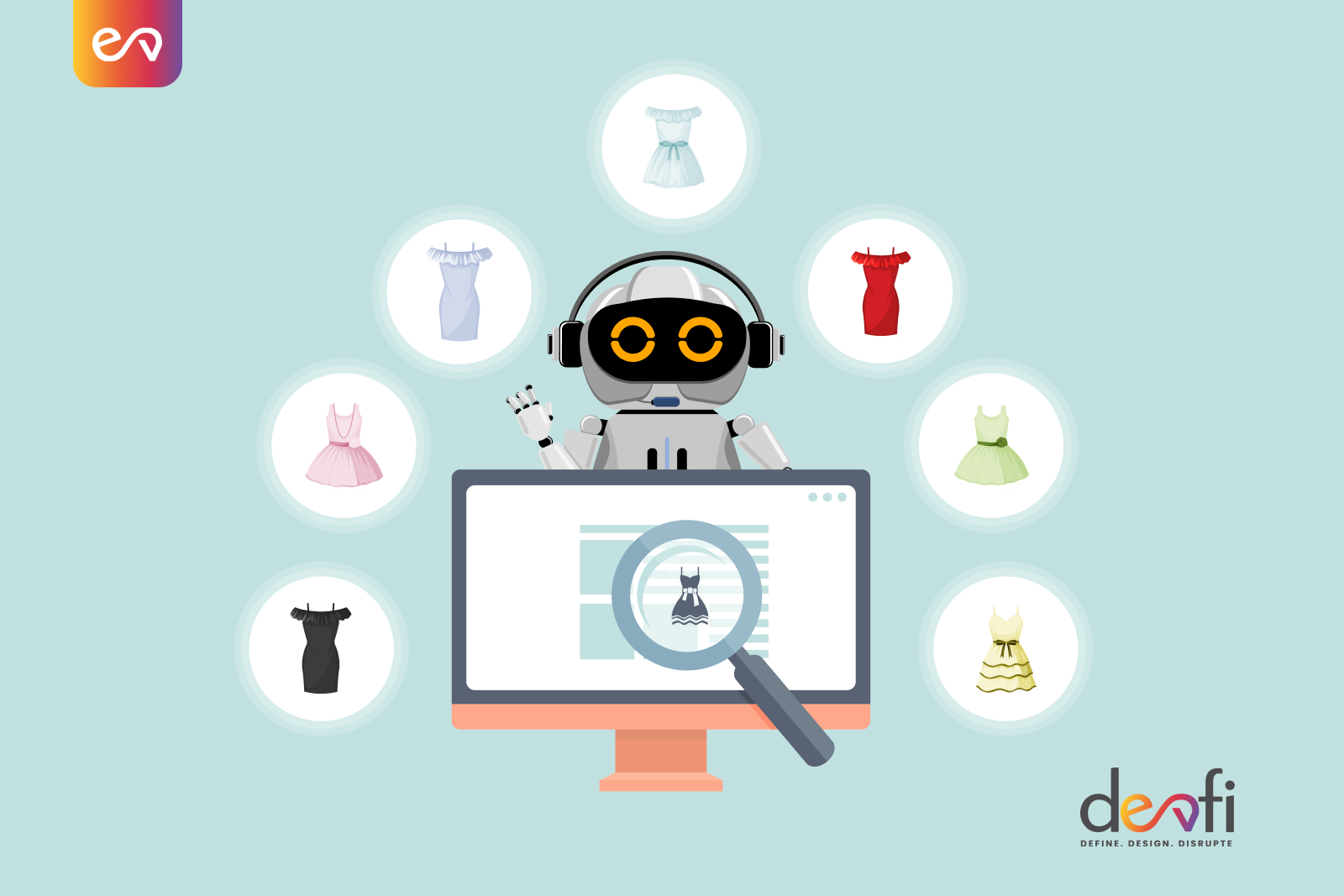Image similarity models play a key element in image fusion algorithms and applications such as duplicate product detection, image clustering, visual search, change detection, quality evaluation, and recommendations. These models compare two images and return a value that specifies the degree of visual and semantic similarity between the images. The technology is robust, reliable, and fast.
What is Image Similarity?
Image similarity or image similarity search is an AI technology that compares, groups, and recommends visually similar images. It can be used for product recommendations in eCommerce, reverse image search, and image collections. The advantage of this approach is that it allows users to get more accurate results by without the need for labels and tags.
Input images may come from the same scene or object and be captured under different circumstances such as different lighting or angles. Most of the time, the degree of similarity between images is crucial, though there are also use cases where all that matters is whether the two images are in the same category.
Applications of Image Similarity
- eCommerce websites help customers find related products by allowing them to browse and compare multiple products like art, home decor, furniture, and trading cards.
- Stock photo databases provide similar visual content as alternative photos, designs, product images, and videos.
- To find the exact products, several apps are enabled with image similarity.
- A visual similarity duplicate finder helps you identify which images are in your database and which ones are duplicates. It can also help you merge the photos that you have in your collection.
- A reverse image search is a type of search that finds a product or an image from an online picture.
Let’s understand the role of image similarity in personalization
To understand how image similarity can enhance personalization and recommendations, let us consider the fashion industry. The fashion industry is characterized by a constantly changing trend and a high level of dynamism. Online retailers are often confronted with these challenges as they try to compete with retailers who offer clothing that is “in fashion.” Due to the varying tastes of customers, online fashion retailers must offer the most appropriate and personalized products, convince them to purchase the product with effective marketing strategies and provide enhanced customer experiences.
- Once you click on a product that interests you, you will be taken to the item detail page where you will find more information about the garment as well as a detailed view with the help of product images, videos, or 3-D images. For a better shopping experience, many retailers place recommended products under the garment. These recommendations are based on different recommendation types. A popular recommendation type is sending recommendations that are calculated based on similarity analyses that could be based on color, pattern, category, and materials. Therefore, if you are looking for a specific garment of a specific color, then the recommendations are personalized based on your browsing preferences, and visually similar and alternative garments are recommended to you.
- There are scenarios when you decide on the products that you want to purchase and place them in your shopping cart but abandon the purchase process due to some distractions. And when comeback to your cart only to find that the one or some of your products is/are not available anymore. Displaying alternative products that are similar to the ones that are sold out can help counteract the loss of sales. A survey has revealed that a significant portion of customers chooses to add these products to their shopping cart.
Besides fashion retailers, other businesses can also benefit from the use of image similarity analysis. This can be done through the implementation of various strategies such as product comparisons and brand awareness. And, if you are considering implementing image similarity into your business, Devfi would be delighted to help you. We are a digital technology and transformation company with a focus on artificial intelligence. We build custom solutions suitable to your data by leveraging AI, computer vision, deep learning, and other latest technologies. Contact us for more information.






